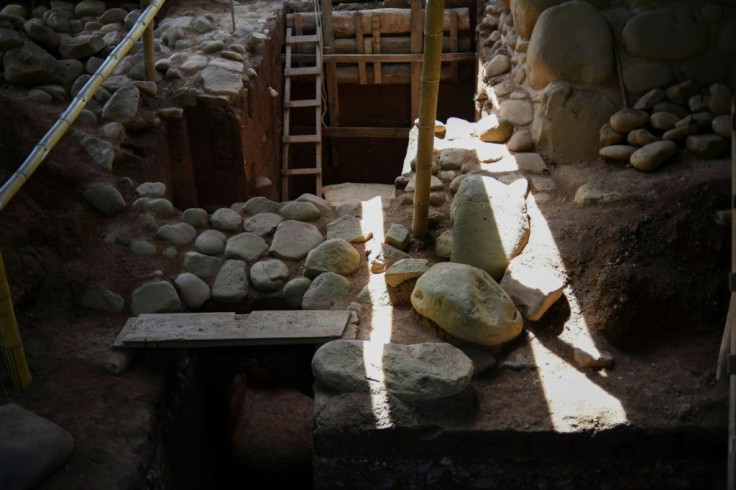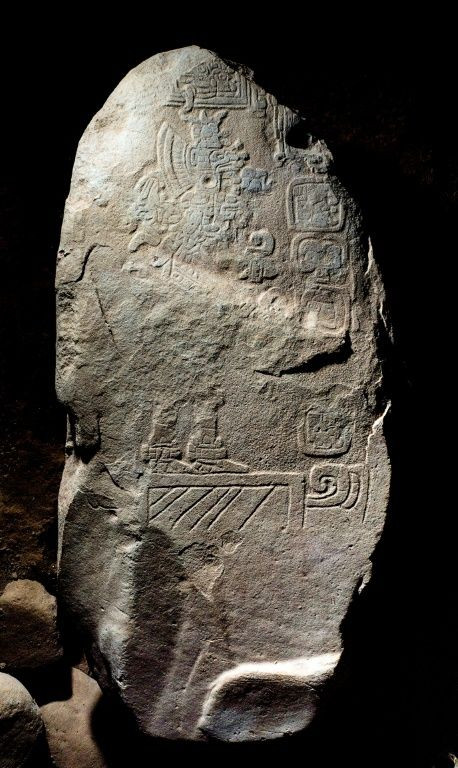Guatemala Find Reveals Early Mayan Writing

A 2,000 year old stela recently discovered in Guatemala has revealed examples of the genesis of Mayan writing, according to experts studying the ancient civilization that dominated much of Central America.
Known as Stela 87, the stone was discovered in September 2018 at the Tak'alik Ab'aj archaelogical park in El Asintal, 85 miles (140 kilometers) southwest of the capital.
The stela, dating from 100 AD, provides an early example of Mayan writing, German expert Nikolai Grube told an event at Guatemala's National Palace of Culture on Tuesday.
"The great importance of Stela 87 is that it is an early example of the development of writing in Mesoamerica," said Grube, speaking by video-link from Mexico.
"Tak'alik Ab'aj was a place of experimentation with writing," he said.

Experts are still trying to decipher the hieroglyphs on the stone, but Grube said that while it provided no "linguistic reading", it showed evidence of a ruler and his titles in "an early Mayan text."
Tak'alik Ab'aj was a city originally inhabited by Olmecs from around 1,500 BC to 100 AD.
Guatemalan archaeologist Christa Schieber, the park's technical director, said Tak'alik Ab'aj was a "laboratory" for "experiments" in early Mayan writing that later evolved.
Archaeologists announced the discovery there in 2012 of the tomb of a powerful king, who may have led the transition from Olmec to Mayan culture between 700 and 400 BC.
President Alejandro Giammattei told Tuesday's ceremony that he would petition UNESCO to declare it a world heritage site.
The Maya civilization reached its height in what is present-day southern Mexico, Guatemala, and parts of Belize, El Salvador and Honduras between 250 and 950 CE.
© Copyright AFP 2024. All rights reserved.





















